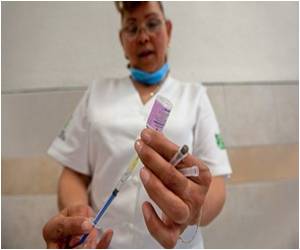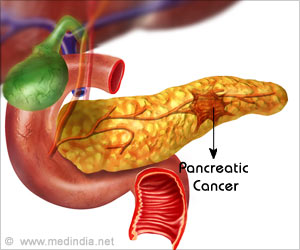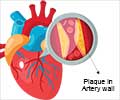A new study diagnosing infection in patients with pancreatic fluid collections may accurately rule out active infection in the body.

Acute pancreatitis (AP) is a sudden inflammation of the pancreas. It can have severe complications and high mortality despite treatment. While mild cases of AP are often successfully treated with conservative measures, such as nil per os (NPO) and aggressive intravenous fluid rehydration, severe cases may require admission to the intensive care unit or even surgery to deal with complications of the disease process. Early detection of infection in AP affects the choice of treatment and clinical outcome.
"Documenting infection of pancreatic necrosis/pancreatic or peripancreatic fluid collections is one of the key questions in managing such patients. So far only fine needle aspiration under radiological guidance could establish that with limitations of invasive procedure and at times insufficient amount of aspirate," said Anish Bhattacharya, MD, lead author of the study "PET/CT using 18F-fluorodeoxyglucose-labeled autologous leucocytes in the diagnosis of infected fluid collections in acute pancreatitis." He continued, "The present study, for the first time, gives evidence of a non-invasive investigation that can answer the question of infected pancreatic fluid collections. It even distinguishes two collections, one with and the other without infection. It could also be used to follow up with such patients after a radiological or endoscopic intervention."
In the study, researchers from the Postgraduate Institute of Medical Education and Research, Chandigarh, India, studied 41 patients, 28 male and 13 female, aged 21-69 with AP and radiological evidence of fluid collection in or around the pancreas. Leucocytes were separated from the patient's venous blood, labeled with 18F-fluorodeoxyglucose (FDG) and re-injected intravenously, followed by PET/CT imaging two hours later. A final diagnosis of infection was based on microbiological culture of fluid aspirated from the collection. Patients were managed with supportive care and antibiotics; percutaneous drainage/laparotomy were performed when indicated.
Blood glucose, total leucocyte count, neutrophil count and leucocyte labeling efficiency varied from 83 to 212 (118±30) mg/100ml, 4600 to 24,200 (11648 ± 5376)/mm3, 55% to 90% (73 ± 10) and 31% to 97% (81 ± 17) respectively. Increased tracer uptake was seen in the collection in 12 out of 41 patients; 10 had culture-proven infection and underwent percutaneous drainage, while aspiration was unsuccessful in two. The scan was negative for infection in 29 patients (25 out of 29 fluid cultures negative for infection and aspiration unsuccessful in four). Sensitivity, specificity and accuracy of the scan were 100% in 35 patients in whom fluid culture reports were available.
"This research uses a new technique to diagnose infection occurring in patients with pancreatic fluid collections. The patient is spared empirical antibiotic therapy or radiological intervention followed by time-consuming microbiological work-up," noted Bhattacharya.
Source-Eurekalert
 MEDINDIA
MEDINDIA




 Email
Email







